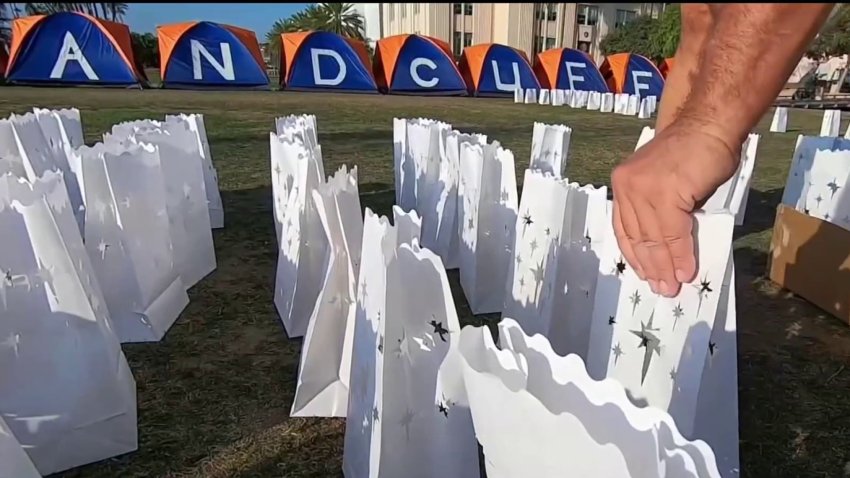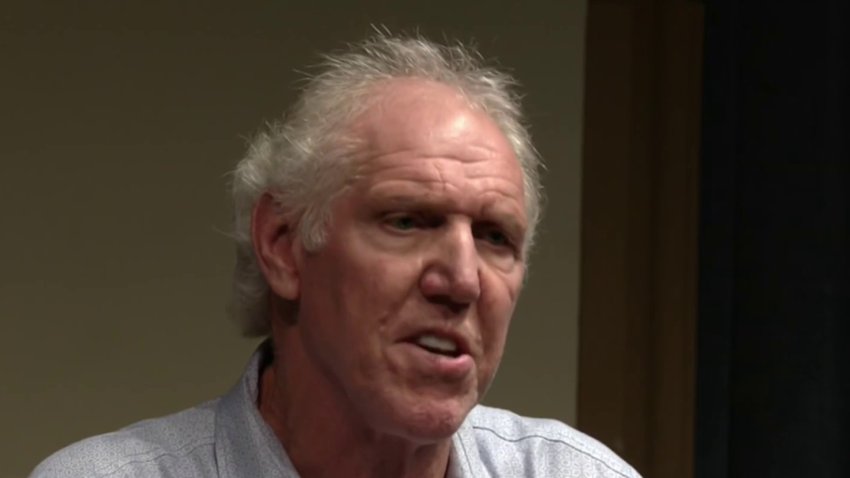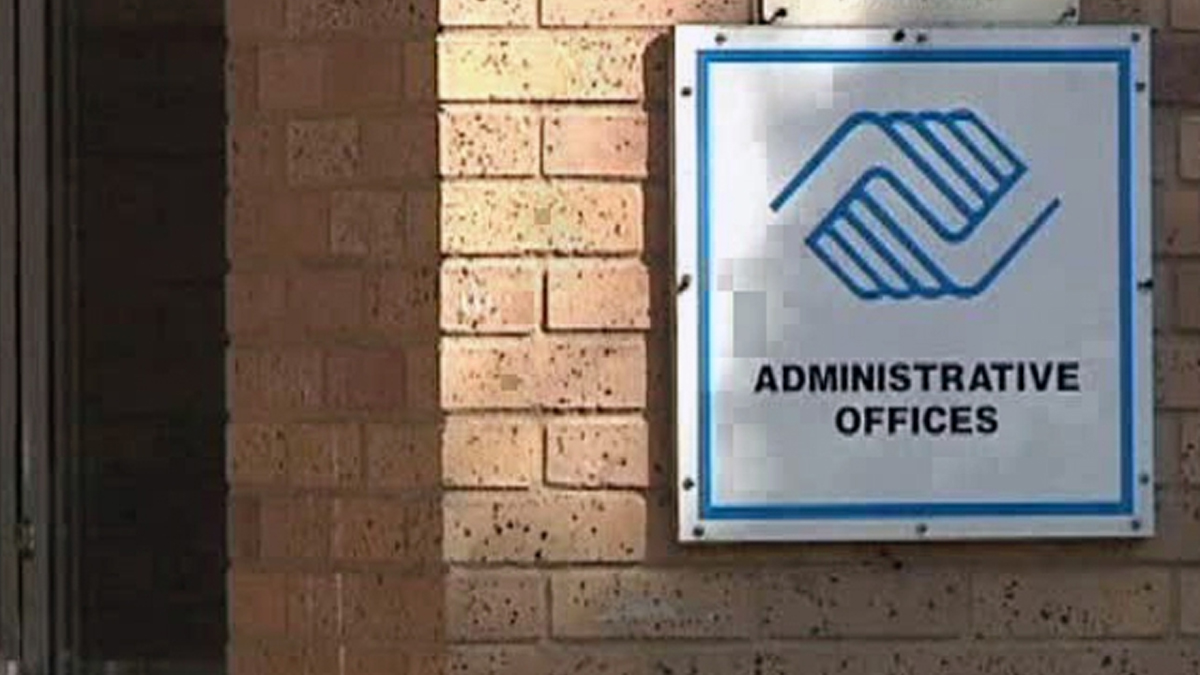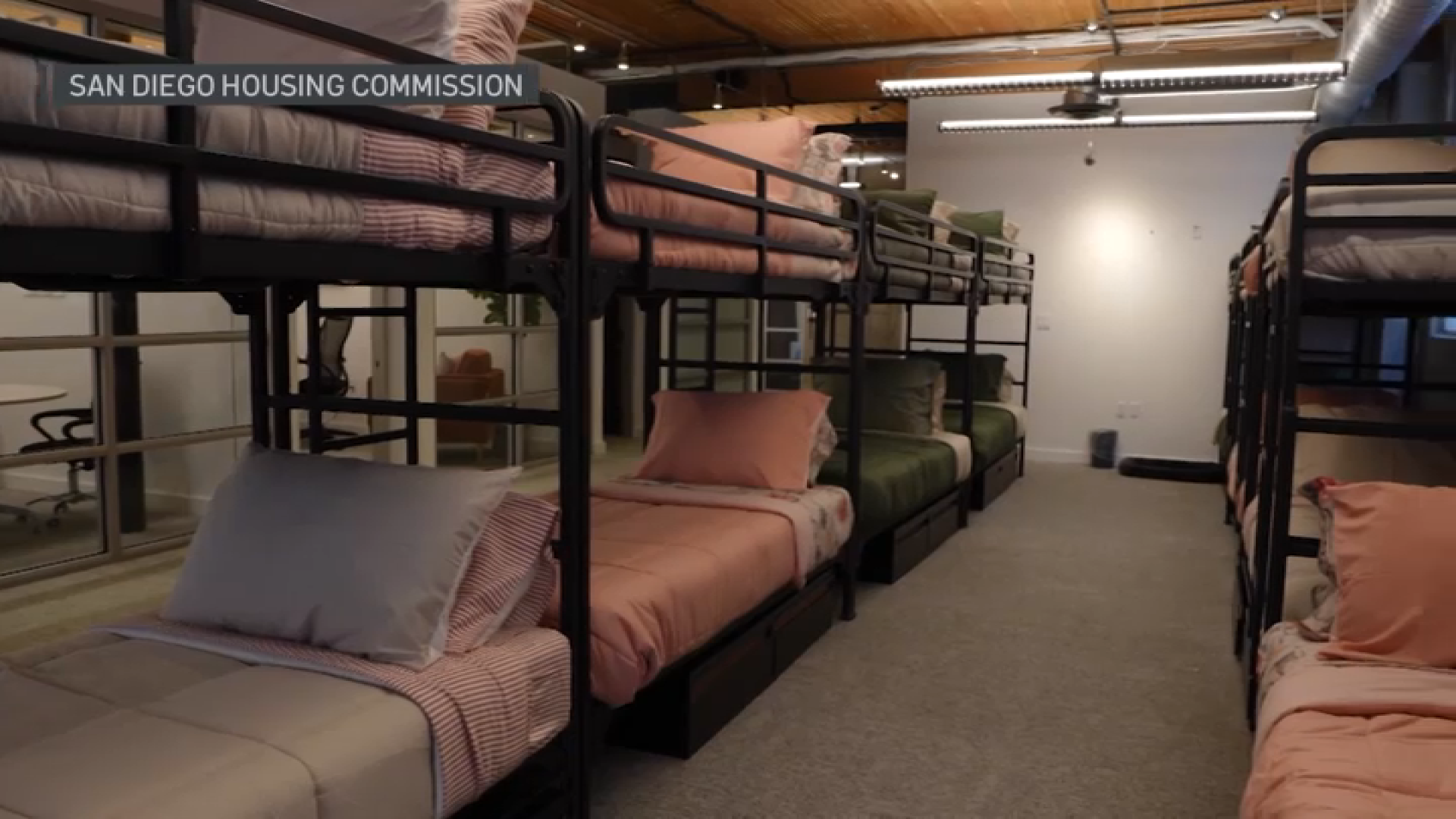NBC 7’s Artie Ojeda spoke to the CEO of the Regional Task Force on Homelessness about the plan to tackle the crisis in San Diego.
Thousands of affordable and supportive housing units are needed to reduce the homeless population in San Diego County, according to a report released Wednesday by the Regional Task Force on Homelessness.
Along with the more than 9,000 units needed, also required are hundreds of new shelter beds, the Regional Community Action Plan to Prevent and End Homelessness in San Diego report found.

"We know what the solutions are," RTFH CEO Tamera Kohler said. "We also know the distance we have to overcome but if we take the steps outlined in this plan homelessness will become a brief occurrence for individuals and families and not a permanent state of existence."
Get top local stories in San Diego delivered to you every morning. Sign up for NBC San Diego's News Headlines newsletter.
The plan sets broad goals over the next five years, such as ending veteran, youth, family and senior homelessness and reducing the total unsheltered population by half.
"Ending homelessness does not mean there will never be another person who will face a housing crisis in San Diego again," the authors write. "Rather, it means San Diego will have a robust coordinated system in place to prevent housing loss when possible, and when not prevented, to respond with urgency, eagerness and compassion, to engage people in a meaningful way, connect them to permanent housing as quickly as possible, and provide stabilizing community supports. San Diego embraces the vision of making homelessness rare, brief, and one-time."
The plan incorporates federal, state and local plans in an attempt to streamline the region's needs and create solutions.
Local

"This plan is impactful and implementable across our region," RTFH Board Chair Ray Ellis said. "It clearly defines what success looks like, provides a pathway to achieve that success, and clearly articulates to everyone concerned about homelessness in our region how we're going to get there."
Focusing on evidence-based approaches, the plan "embraces the truth that ending homelessness begins with a home, and everyone with a home can thrive with appropriate support," the authors write.
"While there's a lot of work to be done, there's immense opportunity to make a difference in the lives of our unsheltered neighbors," said Sean Spear, Continuum of Care advisory board chairman. "I look forward to working with my fellow board members and other stakeholders to use all of the available tools, knowledge, and talent at our disposal to end homelessness in San Diego."
The RTFH is developing a detailed implementation plan as a companion document to the regional plan and will outline the tasks, timelines and resources to achieve the plan's goals.
"This plan is not designed to sit on a shelf and gather dust," Kohler said. "This document will guide RTFH in our policy focus, set priorities for funding, and serve as the anchor for RTFH's upcoming conference on homelessness. It's a thorough report that sets out exactly what we need to do to turn the tide of homelessness in our region over the next five years."



